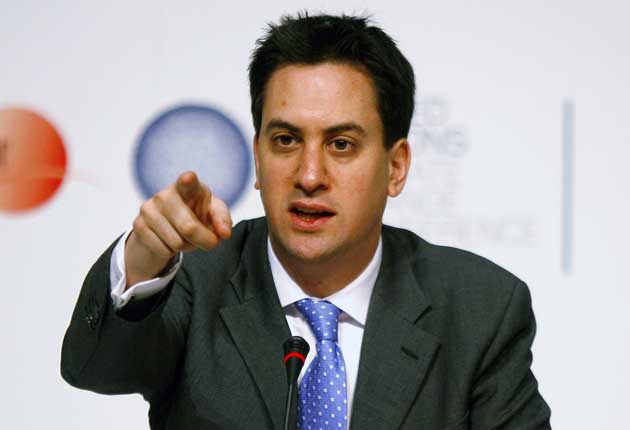'Solar panel loans' to help homeowners invest in green energy
New source of funding intended to take the costs out of renewable power

Your support helps us to tell the story
From reproductive rights to climate change to Big Tech, The Independent is on the ground when the story is developing. Whether it's investigating the financials of Elon Musk's pro-Trump PAC or producing our latest documentary, 'The A Word', which shines a light on the American women fighting for reproductive rights, we know how important it is to parse out the facts from the messaging.
At such a critical moment in US history, we need reporters on the ground. Your donation allows us to keep sending journalists to speak to both sides of the story.
The Independent is trusted by Americans across the entire political spectrum. And unlike many other quality news outlets, we choose not to lock Americans out of our reporting and analysis with paywalls. We believe quality journalism should be available to everyone, paid for by those who can afford it.
Your support makes all the difference.Homeowners will soon be able to take out "solar panel loans" to cover the high costs of renewable energy. Solar panels typically cost up to £12,000 to install yet take decades to pay for themselves in energy savings.
From April, homeowners who generate electricity from domestic solar panels and wind turbines will also be paid hundreds of pounds a year by the Government, it was confirmed yesterday. The "feed-in tariff", funded by a levy on home fuel bills, will give householders a much greater guaranteed income with which to repay their loan. A senior figure in the renewable energy industry said that several high-street lenders had had discussions about the introduction of new loans in recent months, and predicted they would be launched to coincide with the start of the feed-in tariff. It is hoped the loans will increase the take-up of green power, which is lower in the UK than the rest of Europe.
Under the feed-in tariff, people who generate electricity via photovoltaic solar panels, wind turbines, hydro power or anaerobic digestion will receive up to 36p per kW/h of electricity, even if they use the power in their homes rather than feed it into the national grid. An extra 6p will be paid for every unit supplied to the grid.
Ed Miliband, the Energy Secretary, said the tariffs will incentivise "householders and communities wanting to make the move to low-carbon living". At present just 5.5 per cent of the UK's electricity comes from renewable sources, but the Government says this will have to rise to 30 per cent in order to meet its 2020 climate change target.
The Renewable Energy Association praised the introduction of the tariffs. Alex Murley, of the British Wind Energy Association, said: "[This] tremendous policy agenda ... will stimulate UK small-scale wind manufacturing, create thousands of jobs, and transform national attitudes towards energy generation and use."
But consumer groups said the tariffs had been set too low. Liz Laine, of Consumer Focus, said: "It [the Government] needs to offer more attractive cashback rates to overcome the cost-barrier of installing this technology."
* Lord Stern, the economist commissioned by Gordon Brown to assess the costs of climate change, is to join the Conservatives as an adviser. George Osborne, the shadow Chancellor, will today announce that Lord Stern will advise the Tories on setting up a Green Investment Bank to fund low-carbon technology.
Join our commenting forum
Join thought-provoking conversations, follow other Independent readers and see their replies
Comments